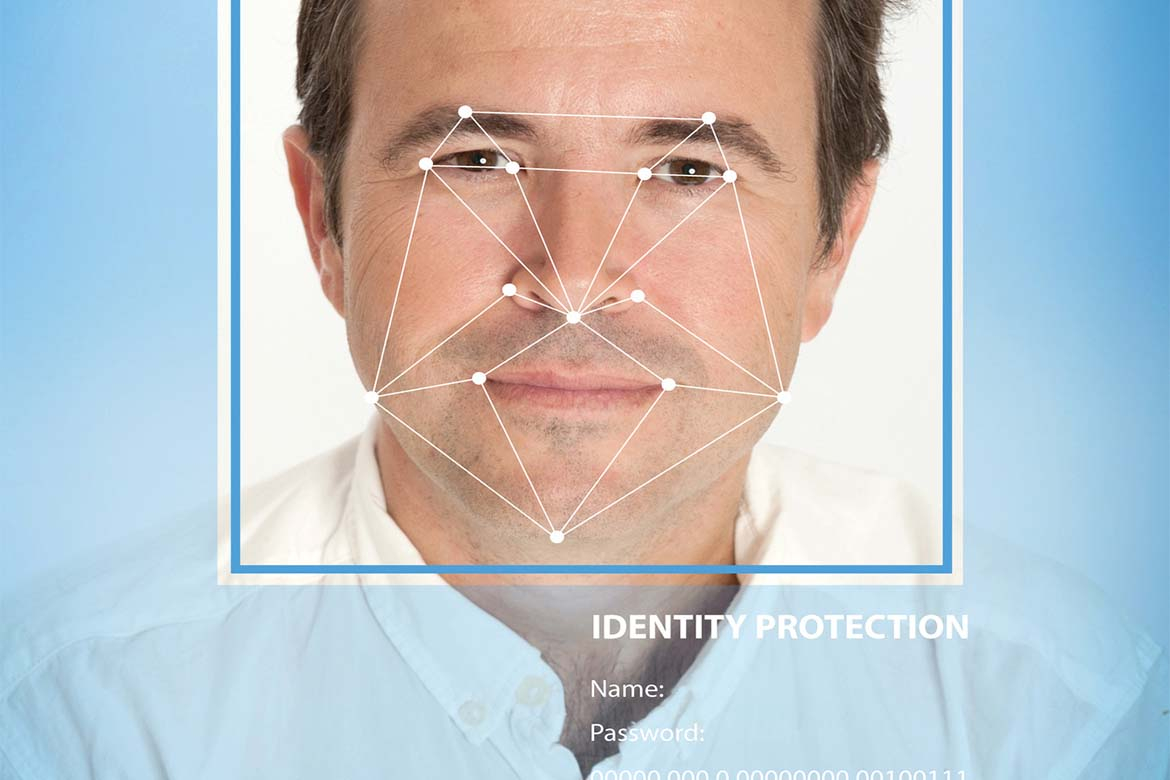Standards, standards, standards…
Low level crime affects us all and it can be very upsetting in nature to the victim.
Losing a wallet or handbag, a briefcase or a laptop can be distressing, but can also have consequences for security and identity fraud if not swiftly dealt with. Often these items are removed from us at social events and when one is relaxing after a hard day at the office – our guard can be down and crooks are adept at exploiting our vulnerabilities.
Impact of financial austerity
From 2014 onwards, law enforcement resources will be at a premium. Financial austerity measures will bite hard and some low-level crime events may be given lower priority as manpower and facilities are stretched. A system which makes reporting and recording of such crime events simple, low cost and autonomous should be welcomed by all involved – except for the perpetrators!
The police service will not have to attend, take statements or collect video imagery evidence from the scene – it will all be sent to them. When faced with overwhelming visual evidence many thieves will simply give a guilty plea, thus saving huge amounts of court time and money. Indeed, video images should nowadays be seen alongside other key evidence sources such as DNA and fingerprints. There are strict rules and standards for how these latter sources are handled – similar handrails and procedures will be needed for Facewatch evidence handling and disposal.
Standard certifications
The NSI is the premier certification body (CB) in the UK security and fire sector. NSI’s expertise covers alarm systems, access control, CCTV and alarm receiving centres (ARCs) which essentially require certification in order to achieve police response to alarm activation. NSI’s manned guarding audit domain includes such disciplines as static site security, close protection services, door supervision, cash and valuables in transit (CViT) as well as key-holding and security screening.
Facewatch
The relationship between Facewatch and NSI is therefore logical and symbiotic. Both strive to help defeat the criminal and support the police. Both see the value of technology, especially when that technology is packaged into a system which supports and strengthens the legal process. Both want to see better quality of CCTV imagery than is provided by some systems currently in service.
So the first and most elemental linkage will see the development of an e-learning course package directed towards a variety of key Facewatch stakeholders. In conjunction with e-learning 24/7, on-line training will be made available to all those who will operate the system from the very end-user who interfaces with the victim through to the police officer who ultimately processes the report and begins the search for the criminal. This training is a key element in confidence building and ensuring a common standard of operation across geographical and operational boundaries.
Next, NSI and Facewatch are working towards the production of a code of practice for the system which will bring discipline, alignment and provide the glue which will hold the system together and give it further credibility in the eyes of the judicial authorities. The linkage of technology, standards, creativity and certification is a most powerful model and we are confident that Facewatch will make a major contribution to crime reduction and successful prosecution as it is rolled out across an ever increasing user base.
Jeff Little
Chief Executive
NSI

